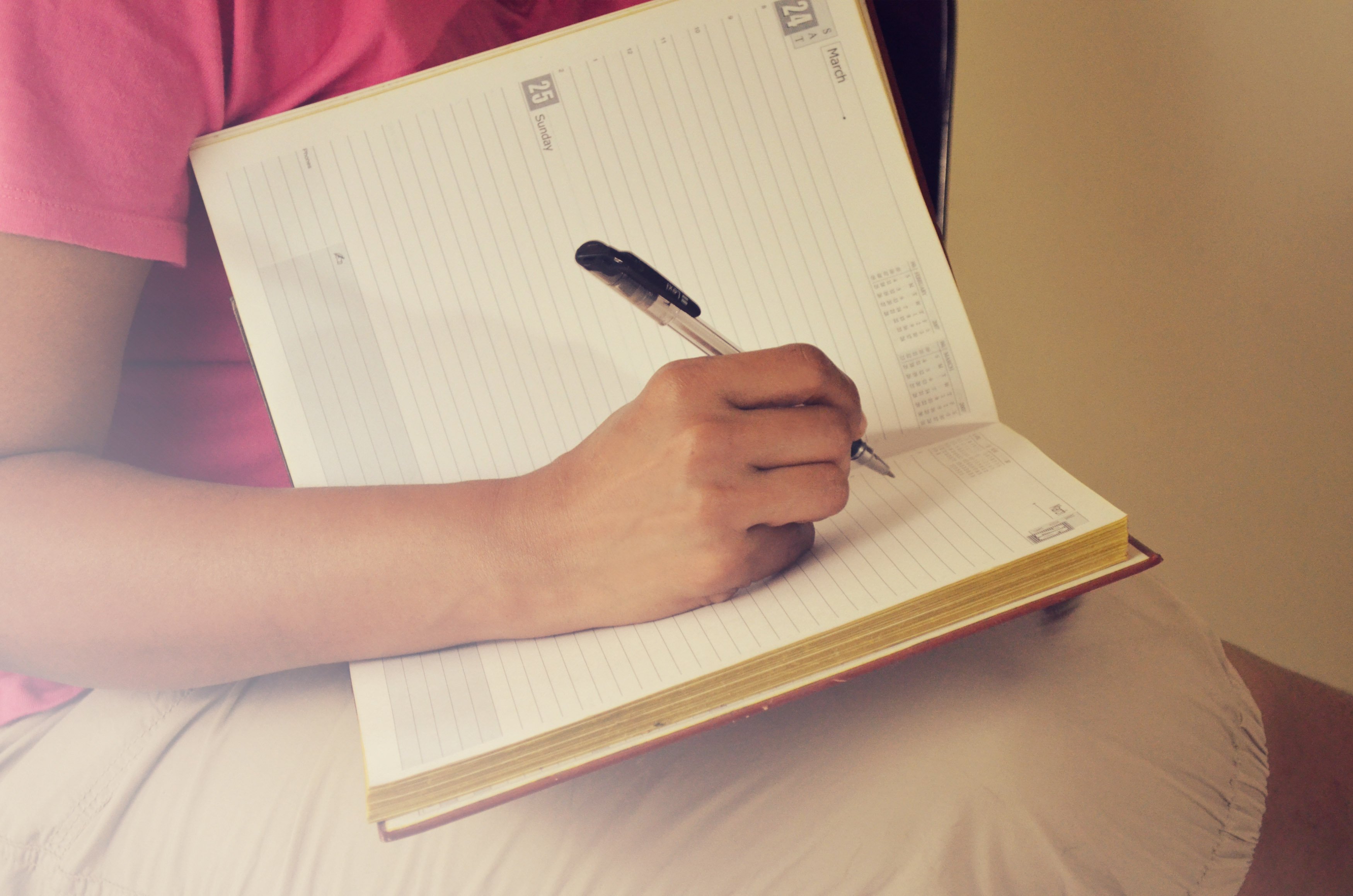The Teacher's Physical Health

Note: This article was first published in Portuguese at Didaquê, TeachBeyond Brazil’s educational resource website. Click here to access the original article.
It is easy to imagine that a teacher’s professional routine does not pose any risk to his or her physical health. Unfortunately, it is a known and proven fact that musculoskeletal pain and disorders, especially in the spine, affect 30% to 95% of the teaching community. The numbers vary, depending on the working conditions and the environment where the educator lives, but the prevalence is always high, and this fact needs to be considered when we think about excellence in education.
The main risk factors behind a teacher’s pain are associated with stress, work environment, “lack of time” (or poor time management), irregular routine and psychological strain. Therefore, we could propose changes in the environment where the teacher works; however, these measures are usually time-consuming, complex and expensive to implement. Moreover, they do not, by themselves, eliminate all the physical risks and are typically beyond the educator’s control. Viable and short-term preventive solutions are within reach of all teachers as they invest time and energy in preparing their body to better face the obstacles that the profession imposes on physical health.
In my professional experience, I realize that the main difficulty my patients (and I) face in taking care of our physical health has to do with time management. So, the first component in searching for good physical health is “sanitizing your calendar.” Define your  goals, prioritize those activities that are consistent with the goals you have defined, and say “no” to what does not contribute to the purpose you have determined. God gives you 24 hours every day for you to manage – be wise in managing that daily gift. “I don't have time” is always a lie; “I can't” is another one. Take responsibility for your time and be determined to invest in preparing your body. The only real reason for not taking care of your health is “I don't want to.”
goals, prioritize those activities that are consistent with the goals you have defined, and say “no” to what does not contribute to the purpose you have determined. God gives you 24 hours every day for you to manage – be wise in managing that daily gift. “I don't have time” is always a lie; “I can't” is another one. Take responsibility for your time and be determined to invest in preparing your body. The only real reason for not taking care of your health is “I don't want to.”
Not wanting to take care of your own health is as unacceptable as not wanting to take care of God’s creation or not wanting to take care of our family. It is a reflection of our distorted nature in relation to what God created us to be. In fact, you are also part of God’s creation and of a family, so not taking care of yourself is part of being neglectful of creation and family.
From a proper management of time (and will), I present 3 essential points of consideration for good health:
1 – Physical Activity
Include regular physical activity in your schedule as a high priority appointment. Our bodies were designed by God for movement. So, the lesser the quantity and quality of movement, the greater the risk to the health of muscles, nerves and joints.
2 – Food Quality
Take your intention of eating healthy to the market and bring home products consistent with your health goals. The goal of eating healthy comes true when you buy your food. At a restaurant, consider prioritizing what your body needs, more than what your eyes, nose and mouth ask for. The sin of gluttony is not just about how much you eat, but also what and how you eat. Among the consequences of a poor diet, there is a predisposition to different pains.
3 – Rest
Rest, contrary to what many people think, is neither a luxury nor a privilege. Being proud of always being tired and not having time is as inconsistent as “being proud of smelling badly because you don't have time to take a shower.” Rest is a basic need, as are food and hygiene. So, just as you need to make time for eating and bathing, make time for resting. Rest is essential for your mental hygiene. It is a time to enjoy what you have produced with gratitude to God for what you have. God also created us for rest and gratitude.
Finally, if there is anything that is keeping you from doing any of the above points, get rid of it as soon as possible. Ask God for wisdom to manage your body well. Hear the advice of health professionals, consider what your family says, and observe your habits. Share this challenge with friends who can encourage you in this purpose! Physical health is too valuable a gift to be given up so easily. Prepare your organism, this is also transformational education!
Marcos Reis
Chair of Board
TeachBeyond Brasil
Marcos Reis is a licensed chiropractor and a specialist in Occupational Health and Theology.
i See the following articles:
Cardoso, Jefferson Paixão, et al. “Prevalência de dor musculoesquelética em professores” (Prevalence of musculoskeletal pain in teachers) Revista Brasileira de Epidemiology, São Paulo, v. 12, no. 4, p. 604-614, Dec. 2009. Accessed on 01/17/2020 <http://www.scielo.br/scielo.php?script=sci_arttext&pid=S1415-790X200900040001&lng=en&nrm=iso>.
Erick, P.N. & Smith, D.R. “A systematic review of musculoskeletal disorders among school teachers.” BMC Musculoskeletal Disorders, v. 12, no. 260 (2011).
Santana, Ângela Maria C. et al. “Burnout syndrome, working conditions, and health: the reality among public high school teachers in Brazil” Work, Boston, vol. 41, no. Supplement 1, pp. 3709-3717, 2012. Accessed on 01/17/2020 <https://content.iospress.com/articles/work/wor0674>
Photo Credits:
Untitled by Ian Prince via skuawk.com.
Woman Taking Notes by Jeshu John via designerpics.com. Untilted by Jonas Wimmerström via Cupcake.nilssonlee.se. Cropped from original.
